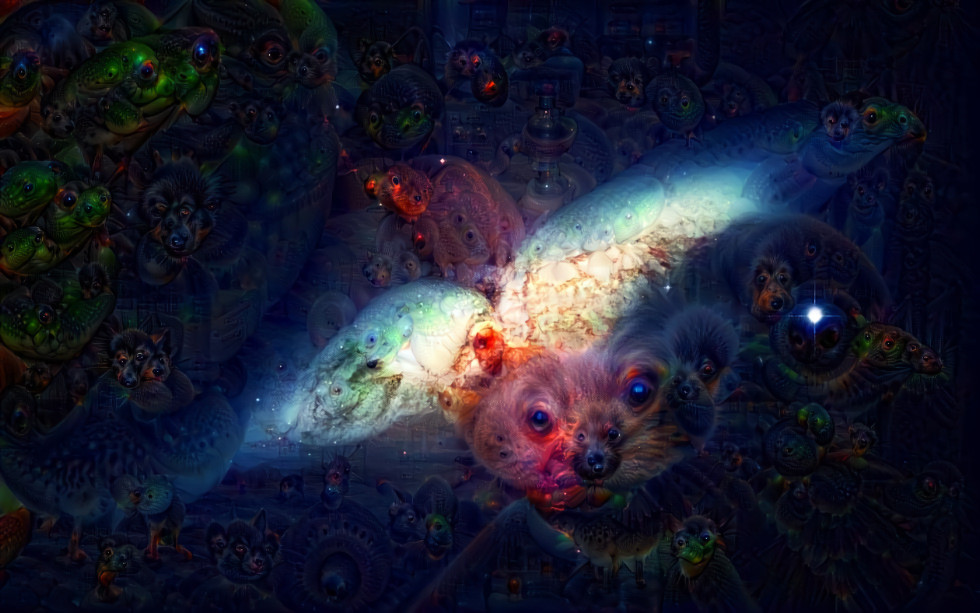The psychedelic alkaloid ibogaine has anti-addictive properties in both humans and animals. Unlike most medications for the treatment of substance use disorders, anecdotal reports suggest that ibogaine has the potential to treat addiction to various substances, including opiates, alcohol and psychostimulants. The effects of ibogaine—like those of other psychedelic compounds—are long-lasting, which has been attributed to its ability to modify addiction-related neural circuitry through the activation of neurotrophic factor signalling. However, several safety concerns have hindered the clinical development of ibogaine, including its toxicity, hallucinogenic potential and tendency to induce cardiac arrhythmias. Here we apply the principles of function-oriented synthesis to identify the key structural elements of the potential therapeutic pharmacophore of ibogaine, and we use this information to engineer tabernanthalog—a water-soluble, non-hallucinogenic, non-toxic analogue of ibogaine that can be prepared in a single step. In rodents, tabernanthalog was found to promote structural neural plasticity, reduce alcohol- and heroin-seeking behaviour, and produce antidepressant-like effects. This work demonstrates that, through careful chemical design, it is possible to modify a psychedelic compound to produce a safer, non-hallucinogenic variant that has therapeutic potential.
Category Archives: Iboga
12-Methoxyibogamine
5-Hydroxytryptamine and Intestinal Flora on Depressive-Like Behavior Induced by Lead Exposure in Rats
Chen, X., Meng, S., Li, S., Zhang, L., Wu, L., Zhu, H., & Zhang, Y.. (2021). Role of 5-Hydroxytryptamine and Intestinal Flora on Depressive-Like Behavior Induced by Lead Exposure in Rats. BioMed Research International, 2021, 1–14.
Plain numerical DOI: 10.1155/2021/5516604
DOI URL
directSciHub download
Show/hide publication abstract
“Objective. to investigate the effects of 5-hydroxytryptamine (5-ht) and intestinal flora on depression-like behavior induced by lead exposure in rats. methods. 30 healthy spf adult male sd rats were randomly divided into control group and lead exposure group. the depression-like behavior of rats was detected. the blood, striatum, and intestinal tissue were collected. the lead content was detected by icp-ms. the mrna expressions of chga, tph1, 5-ht, and 5-ht3r were tested by qrt-pcr. the content of 5ht was checked by hplc-ecd. the content of 5-ht3r was detected by elisa. the protein expressions of 5-ht, 5-ht3r, chga, and tph were gauged by immunohistochemistry. fecal samples were collected, and the composition of intestinal flora in experimental rats was analyzed by 16 s rna metagene sequencing. results. lead exposure can greatly cause depression. the content of 5-ht in blood and striatum in the lead exposure group decreased, and the expression levels of 5-ht, 5-ht3 r, chga, and tph in the intestine decreased distinctly. compared with the control group, the distribution of a-polymorphism related indexes simpson, chao1, shannon, and ace in rats with depressive-like behavior after lead exposure was significantly increased; in the lead exposure group, there were 61 different operational taxonomic units (outs) in intestinal flora at the family level. based on linear discriminant analysis, it was found that the key bacteria were lactobacillaceae and bifidobacteriaceae, and their abundance decreased evidently in the lead exposure group. conclusion. lead exposure improves depressive-like behavior by affecting intestinal flora and regulating neurotransmitter 5-ht through the intestinal-brain axis.”
Serotonin, fearfulness, dominance, and trainability in horses
Kim, J., Park, Y., Kim, E. J., Jung, H., & Yoon, M.. (2021). Relationship between oxytocin and serotonin and the fearfulness, dominance, and trainability of horses. Journal of Animal Science and Technology, 63(2), 453–460.
Plain numerical DOI: 10.5187/jast.2021.e29
DOI URL
directSciHub download
Show/hide publication abstract
“Oxytocin (oxt) and serotonin (5-ht) are essential neurotransmitters associated with the behavior of animals. recently, we found that the plasma concentration of oxt is positively correlated with horse docility and friendliness toward humans. however, the relationships between the neurotransmitters and other temperaments such as fearfulness, dominance, and trainability are unknown. this study aimed to identify whether the plasma concentration of oxt or 5-ht is correlated with fearfulness, dominance, and trainability of horses. blood samples of 34 horses were collected at the horse industry complex center of jeonju kijeon college. the concentration of oxt and 5-ht was measured in the plasma samples using enzyme-linked immunosorbent assays. the fearfulness, dominance, and trainability of horses were scored by three professors who were very familiar with the horses. one-way analysis of variance with the least significant difference post-hoc analysis was used to compare the scores for fearfulness and dominance among groups. the trainability of horses was compared using the student t-test. the 5-ht was negatively correlated with dominance, but it had no relation with fearfulness. the oxt appeared to be negatively correlated with fearfulness and dominance in horses. furthermore, oxt was positively correlated with the trainability of horses. additionally, 5-ht appeared to enhance trainability. in conclusion, the concentration of oxt or 5-ht in horse blood plasma can be used as a biomarker to monitor the fearfulness, dominance, or trainability of horses.”
Serotonin and cancer
Balakrishna, P., George, S., Hatoum, H., & Mukherjee, S.. (2021). Molecular Sciences Serotonin Pathway in Cancer. Mdpi.Com
Show/hide publication abstract
“Citation: balakrishna, p.; george, s.; hatoum, h.; mukherjee, s. serotonin pathway in cancer. int. j. mol. sci. 2021, 22, 1268. doi. abstract: serotonin (5-hydroxytryptamine, 5-ht) is a biogenic monoamine produced from the essential amino acid tryptophan. serotonin’s role as a neurotransmitter in the central nervous system and a motility mediator in the gastrointestinal tract has been well defined, and its function in tumorigenesis in various cancers (gliomas, carcinoids, and carcinomas) is being studied. many studies have shown a potential stimulatory effect of serotonin on cancer cell proliferation, invasion, dissemination, and tumor angiogenesis. although the underlying mechanism is complex, it is proposed that serotonin levels in the tumor and its interaction with specific receptor subtypes are associated with disease progression. this review article describes serotonin’s role in cancer pathogenesis and the utility of the serotonin pathway as a potential therapeutic target in cancer treatment. octreotide, an inhibitor of serotonin release, is used in well-differentiated neuroendocrine cancers, and the tryptophan hy-droxylase (tph) inhibitor, telotristat, is currently being investigated in clinical trials to treat patients with metastatic neuroendocrine tumors and advanced cholangiocarcinoma. several in vitro studies have shown the anticancer effect of 5-ht receptor antagonists in various cancers such as prostate cancer, breast cancer, urinary bladder, colorectal cancer, carcinoid, and small-cell lung cancer. more in vivo studies are needed to assess serotonin’s role in cancer and its potential use as an anticancer therapeutic target. serotonin is also being evaluated for its immunoregulatory properties, and studies have shown its potential anti-inflammatory effect. therefore, it would be of interest to explore the combination of serotonin antagonists with immunotherapy in the future.”
Serotonin, dopamin and orgasm
Mcmahon, C.. (2021). Disorders of Male Orgasm and Ejaculation. In Campbell-Walsh-Wein Urology
Show/hide publication abstract
“71 e jaculatory dysfunction (ejd) is one of the most common male sexual disorders. the spectrum of ejd extends from premature ejaculation (pe) through delayed ejaculation (de) to a complete inability to ejaculate (known as anejaculation) and includes retrograde ejaculation (re), painful ejaculation, ejacula-tory anhedonia, and the recently described postorgasmic illness syndrome (pois). the sexual response cycle comprises the four interactive stages of desire, arousal, orgasm, and resolution. during sexual activity, increasing levels of sexual arousal reach a threshold that triggers the ejaculatory response, which then typically terminates the sexual episode for the male. the perception of the striated muscle contractions and resulting semen expelled during ejaculation, mediated through sensory neurons in the pelvic region, gives rise to the experience of orgasm, a distinct cortical event, experienced phenom-enologically, cognitively, and emotionally. ejaculatory latency, the time extending from the onset of penile stimulation to the moment of ejaculation, represents a continuum of time that shows variation across men and, within men, across situations. although the great majority of men appear to reach ejaculation and orgasm after several minutes of penile vaginal stimulation and are, along with their partners, satisfied with the latency of their ejaculatory response, others report dissatisfaction. specifically, some men ejaculate very rapidly after, or sometimes even before, penetration and do so with minimal stimulation. others may ejaculate only with great difficulty or not at all, even after prolonged stimulation (mcmahon et al., 2013). anatomy and physiology of the ejaculatory response the ejaculatory reflex comprises sensory receptors and areas, affer-ent pathways, cerebral sensory areas, cerebral motor centres, spinal motor centers, and efferent pathways (fig. 71.1). the brain circuitry controlling ejaculation is part of a more global network controlling other aspects of the sexual response. neurochemically, this reflex involves a complex interplay between central serotonergic and dopaminergic neurons, with secondary involvement of cholinergic, adrenergic, oxytocinergic, and γ-aminobutyric acid (gaba) neurons. the peripheral events leading to ejaculation are controlled by syner-gistic activation of autonomic (sympathetic and parasympathetic) and somatic divisions of the nervous system. in addition, nonadrenergic noncholinergic (nanc) innervation…”





